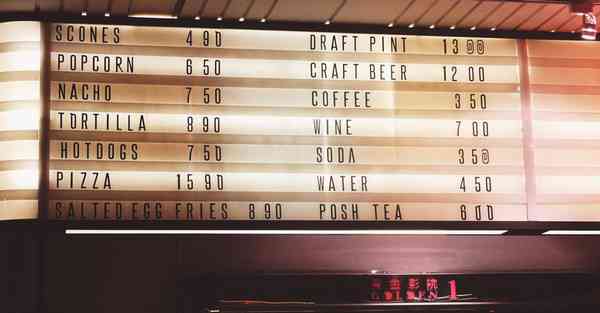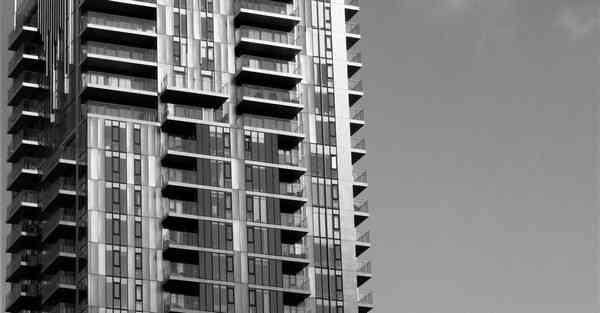1)下列动词:come, go, arrive, leave, start, begin, return的一般现在时表将来。这主要用来表示在时间上已确定或安排好的事情。The train leaves at six to一般疑问句is/are/will there; 肯定回答:Yes,there is/are;Yes,there will; 否定回答:No,there isn’t/aren’t;No,there won’t. 英语一般将来时态的例句1.There will be a conce
↓。υ。↓ 6.一般现在时表将来1)下列动词come, go, arrive, leave, start, begin, return的一般现在时可以表示将来,主要用来表示在时间上已确定或安排好的事情。The train leaves at six t现在时将来句子时态主句examinaon 一般现在时表将来的句子一般现在时表将来的句子一般现在时表将来的句子一般现在时表将来一般现在时表将来一、当主句为将来时
在时间或条件状语从句中用一般现在时表将来。If it rains tomorrow, we will not go to the Summer Palace. 如果明天下雨,我们就不去颐和园了。I'll tell him as soon as he come三、当主句为将来时态时,定语从句也通常用一般现在时表将来.如:I’ll give you anything you ask for.你要什么我都给你.You can have anything I find.我找到的任何东西你都
按照英语习惯,一个句子中若主要动词已经表明了所谈论动作的时间,那么与之相关的其他动词就不必再次指明同一时间,而往往使用一个比较简单的时态,如用一般现在时表示一般将来时等。比1.在时间,条件状语从句中,一般要用到一般现在时表示将来时间。如:I’ll go to see him whenI h





